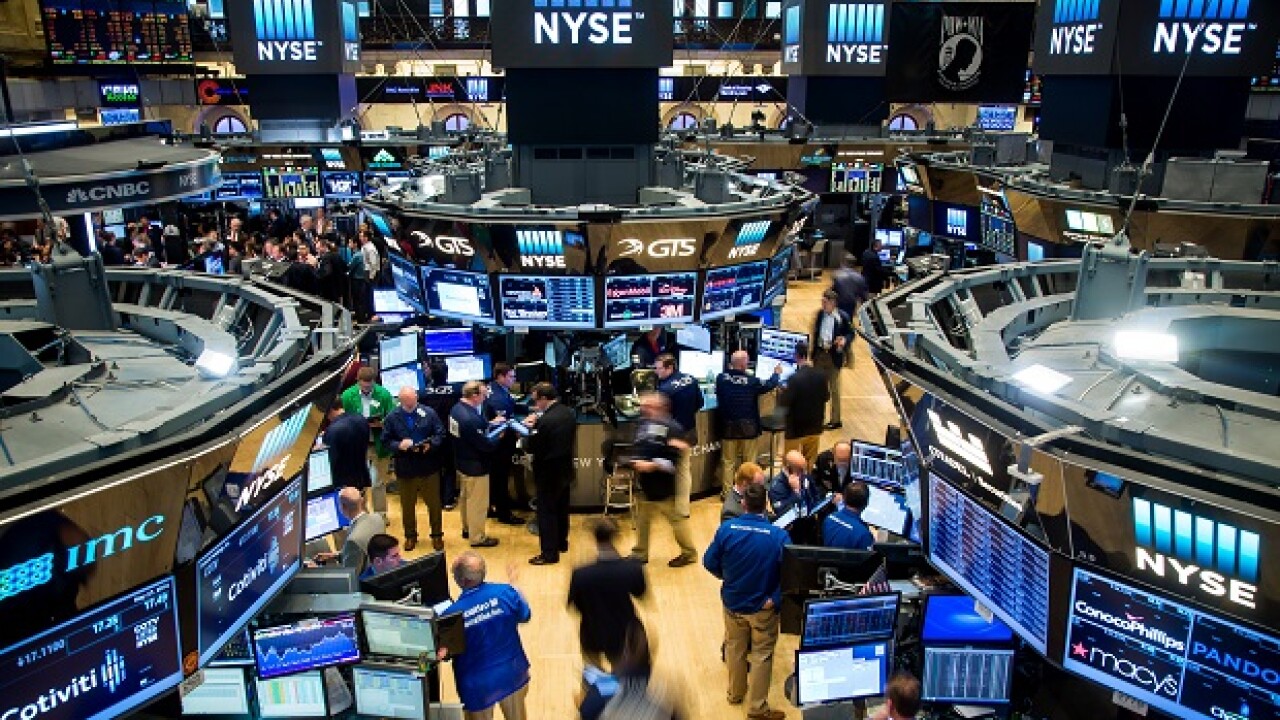-
US Treasuries fell for a fifth day as demand for long-term government debt across the globe wanes amid a flurry of bond auctions this week.
July 8 -
New research from the Federal Reserve Banks of New York and San Francisco says markets put the odds of zero interest rates lower today than in the recent past, but economic uncertainty raises the potential for drastic cuts in the "medium to long term."
July 7 -
Treasuries tumbled after a stronger-than-expected jobs report for June prompted traders to exit bets on an interest-rate cut by the Federal Reserve this month.
July 3 -
Bond yields are shooting up for the second time in as many months. Federal Reserve Gov. Christopher Waller attributes the volatility to concerns about rising national debt levels.
May 22 -
The labor market continues to cool gradually, a sign that businesses facing heightened uncertainty and turmoil didn't significantly alter their hiring plans.
May 2 -
It marked another day of gains in the $29 trillion Treasury market, which has swung throughout April on President Donald Trump's evolving trade policies and uncertainty about the Fed's path.
April 24 -
The French bank foresees CLO growth in U.S. and Europe but cautions wariness around the current administration's potential impacts to inflation and the economy.
February 25 -
The financial data firm Intercontinental Exchange is buying the firm that runs the Ameribor interest rate benchmark, which some community and regional banks back as a LIBOR alternative.
January 8 -
The Federal Reserve Bank of Richmond president said while he believes the central bank's current level of rates is restraining the economy enough to continue lowering inflation in 2025, there are still upside risks to inflation and growth.
January 3 -
Annualized inflation increased to 2.7% in November from 2.6% the previous month, providing further evidence that the economy remains strong despite restrictive monetary policy.
December 11









